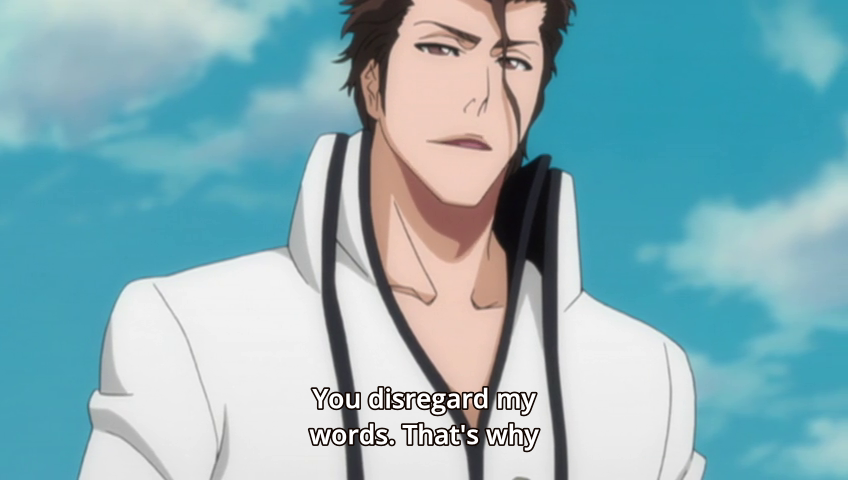One of the reasons that I loved games like Uncharted Waters 2: New Horizons (from my previous post) and Sid Meier’s Pirates was that I was fascinated with the ideology of the pirate.
Sure, it’s been highly romanticised by popular fiction, especially Treasure Island, and, more recently, the successful Pirates of the Caribbean series.
Still, there’s just something so appealing about sailing the high seas, living in the company of ride-or-die comrades, far away from “civilisation”, outside of the clutches of societal expectations.
Of course, life on a ship was difficult, dangerous, and often deadly.
You could die in battle or mutiny, during a tempestuous storm, from malnutrition or scurvy, as well as a plethora of other undesirable ends.
But there can be no freedom without risk. And I deeply value that freedom.
Which isn’t to say that I eschew any form of stability and security.
It’s not a one-or-the-other deal. We’re all somewhere on the continuum.
Some of us lean towards freedom (which, of course, comes with risk), and some of us lean towards stability and security (which is typically less risky).
So where would you be on this continuum / spectrum?
Do you lean more towards the free and risky end (Arrr, me hearties!), or the stable and secure one (ye landlubber)?
Listen to the Words I Say. They Contain More Than You May Think.
There is something about the use of language that has always captivated me.
Supporting the words, there is the intonation and inflection, and behind them, the intent and implication.
Some are easier to pick up. Others only reveal themselves much later.
Just as certain groups and communities speak in code, both to identify themselves to one another and to exclude outsiders, I find it much easier to talk to certain people, who "get" what I'm saying and, just as importantly, what I'm not saying.
Some may call this "being on the same wavelength" or "having rapport", and there is certainly some of this involved.
More than that, there is a certain shared desire for pursuit of mastery of the language. And I believe that it is this pursuit that we identify in each other.
There is a certain scene (screenshots below) in the anime Bleach that I thought is worth exploring here.
In the scene, Aizen, the antagonist of the season, in true villainous monologue style, chastises his opponent, Yamamoto, head of the forces of "good" and the strongest supporting character of the season (because who can be more powerful than the protagonist, right?), for disregarding his warning - one that is veiled behind seemingly-inconsequential earlier explanation.
I identify very strongly with this particular scene because it reminded me of the countless times I worded carefully only for them to be missed entirely.
Barring his intensely self-absorbed, destructive, and somewhat sociopathic tendencies, I find the antagonist Aizen pitiable - for having an exceptional, brilliant mind yet not being able to find his equal for discourse and debate.
Would he have turned out differently had he found such a one?
A School Senior Asked For My Input
Being asked for input makes a person feel valued.
And being able to see the results of the input contributes tremendously to that feeling.
When I was in Secondary 2, one of my seniors was writing an article for a magazine targeted at teenagers.
He was tasked to visit and write a review about an unusual restaurant that served fried scorpions, ants, and the like. As I understood it, the concept was grounded in Traditional Chinese Medicine.
Because he was coming up with questions to ask the owner, he asked if I might be able to come up with one.
I gave him the first question that came to my mind - "Where did the supplies of scorpions and other exotic ingredients come from?"
He said that it was a good question and, if I recall correctly, I saw the question and answer in the published article a couple of months later.
It wasn't some huge accomplishment on my part, but I felt that I had contributed in some small way, and I felt valued because my senior could easily have left it out or not bothered to ask me to begin with.
In part because of this, I frequently ask my students for their thoughts on how to improve their learning experience. If I can, I implement it as soon as possible, so that they can see that their suggestions do make a difference.
"You're Doing a Good Job." How Should I Feel About That?
If someone tells you that you're doing a good job, should you feel glad?
Or should you wonder why they're telling you something you already know?



